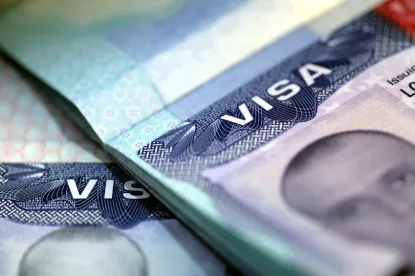More business immigrant visas may become available if the latest version of the Build Back Better reconciliation bill passes.
If approved by the Parliamentarian and passed as it stands, the bill would make more immigrant visas available by:
-
Recapturing unused visa numbers from 1992 to 2021;
-
Retaining the availability of Diversity Visas from fiscal years 2017 to 2021; and
-
Making it possible for individuals with approved employment-based immigrant visas and priority dates more than two years away to file applications for adjustment of status by paying an additional $1,500 fee.
The bill substantially increases many filing fees and, rather than depositing those fees into the USCIS account, the supplemental fees would be deposited into the U.S. Treasury’s general funds. Because the budget for USCIS operations is based on the fees collected, this would be a change that would not directly benefit USCIS. USCIS needs funds to build its staffing and decrease its backlog of applications. To adjust for this, the reconciliation bill proposes to add $2.8 billion to the USCIS budget to increase its capacity.
This is not the first time in recent years that USCIS filing fee increases have been proposed. In August 2020, during the previous administration, the Department of Homeland Security published a new rule that raised USCIS filing fees by a weighted average of 20 percent. Some of the most popular business-related petitions were slated for larger increases. There were complaints over the negative effects this would have on the economy. This led to litigation and, by the end of 2020, the fee increase was not implemented.
The supplemental fees in the current House reconciliation bill include an additional:
-
$500 for E, H-1B, L, O, and P petitions (Form I-129);
-
$500 for each application to change or extend nonimmigrant status (Form I-539);
-
$500 for applications for employment authorization (Form I-765);
-
$75 for each approved nonimmigrant visa;
-
$800 for each employment-based immigrant visa petition (Form I-140);
-
$500 for requesting a replacement or expired permanent residence card (Form I-90); and
-
$15,000 for each immigrant petition for an alien entrepreneur (Form I-526).
If these $500 changes become law, the fee increases will be higher than those proposed in 2020. For example, in 2020, H-1B fees were being increased by $235, to $695. L petitions were to be increased by $345, to $805. Applications to change or extend nonimmigrant status were being increased by only $20, to $390. Fees for Form I-140s were scheduled to decrease.




 />i
/>i

